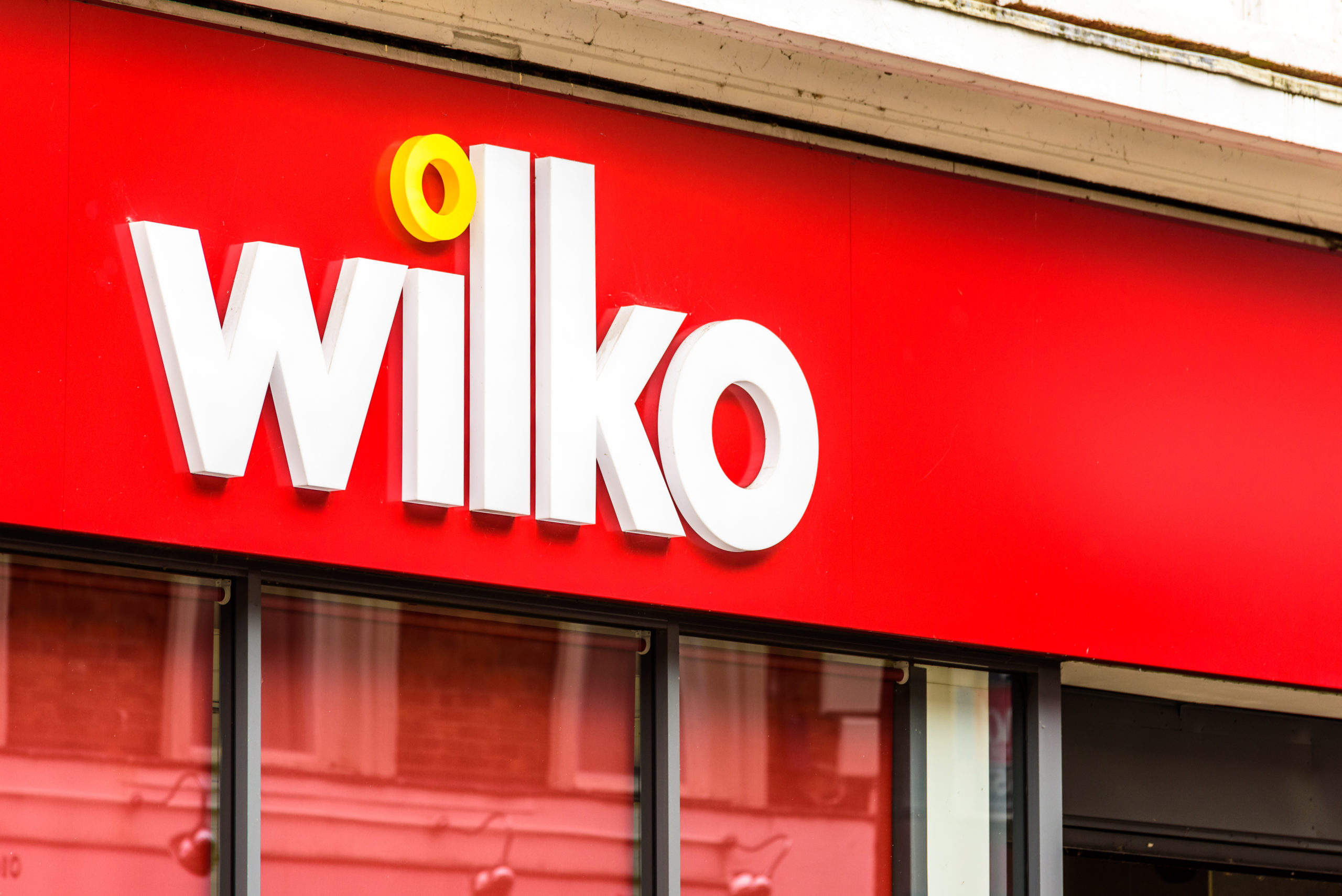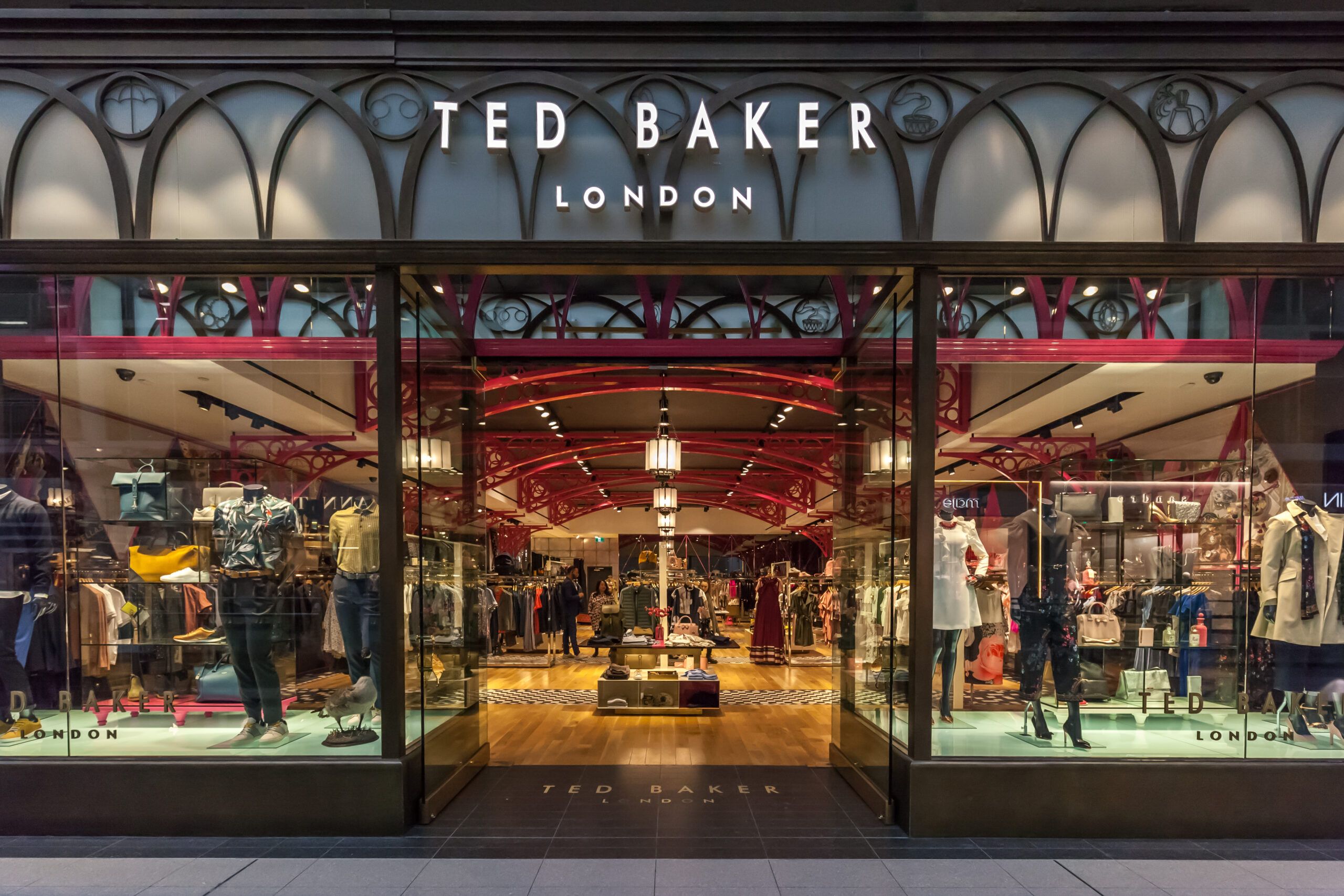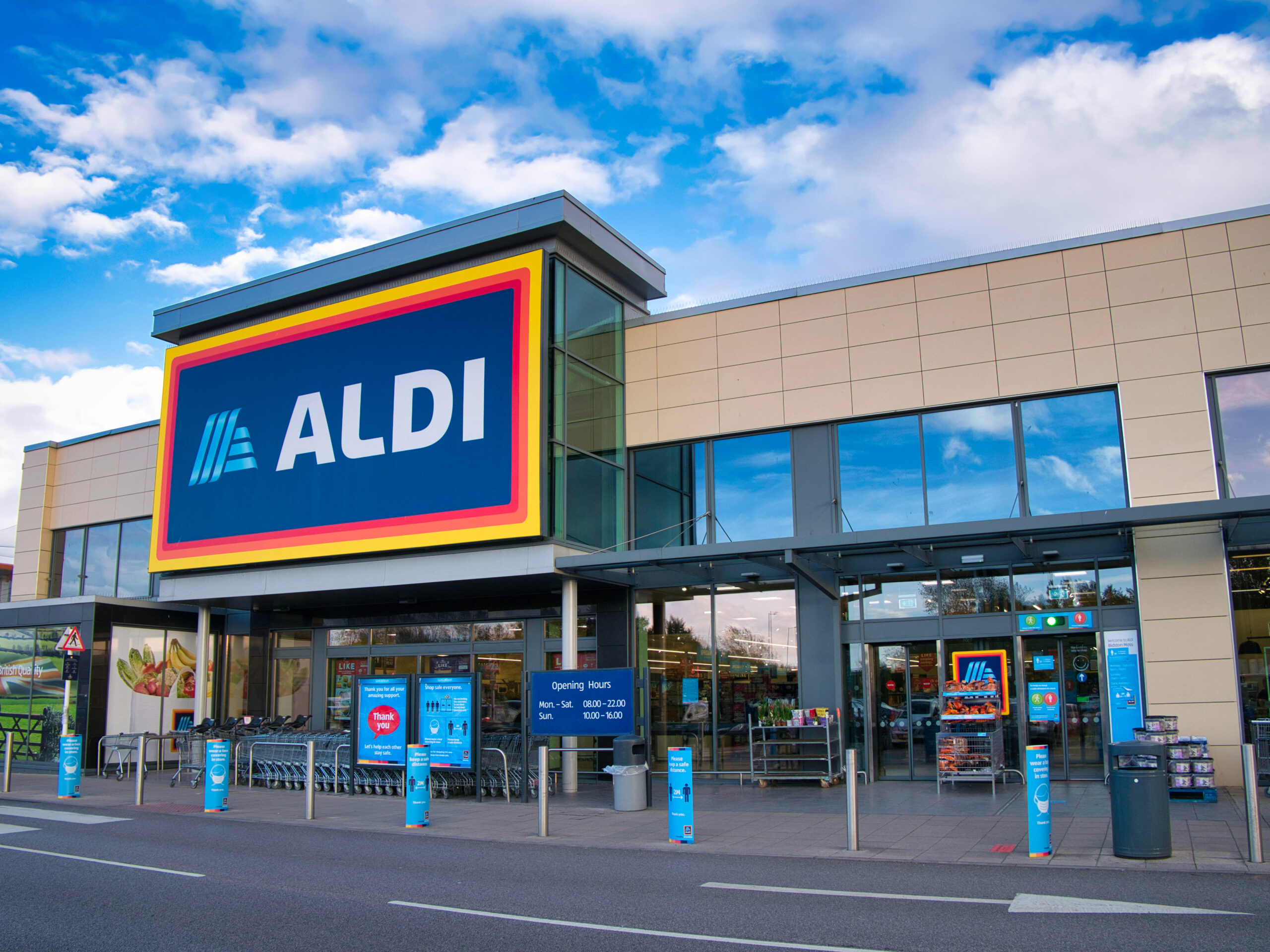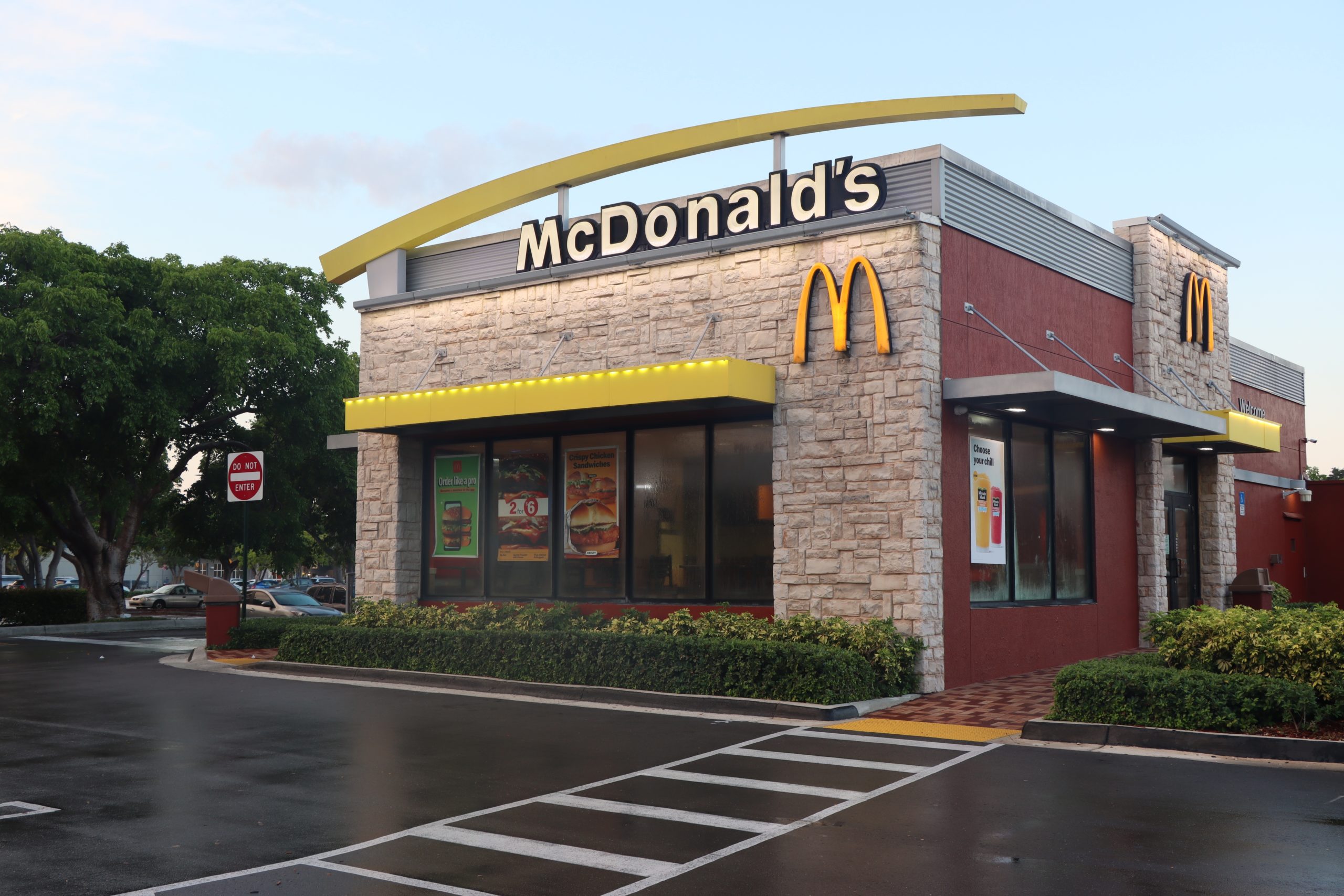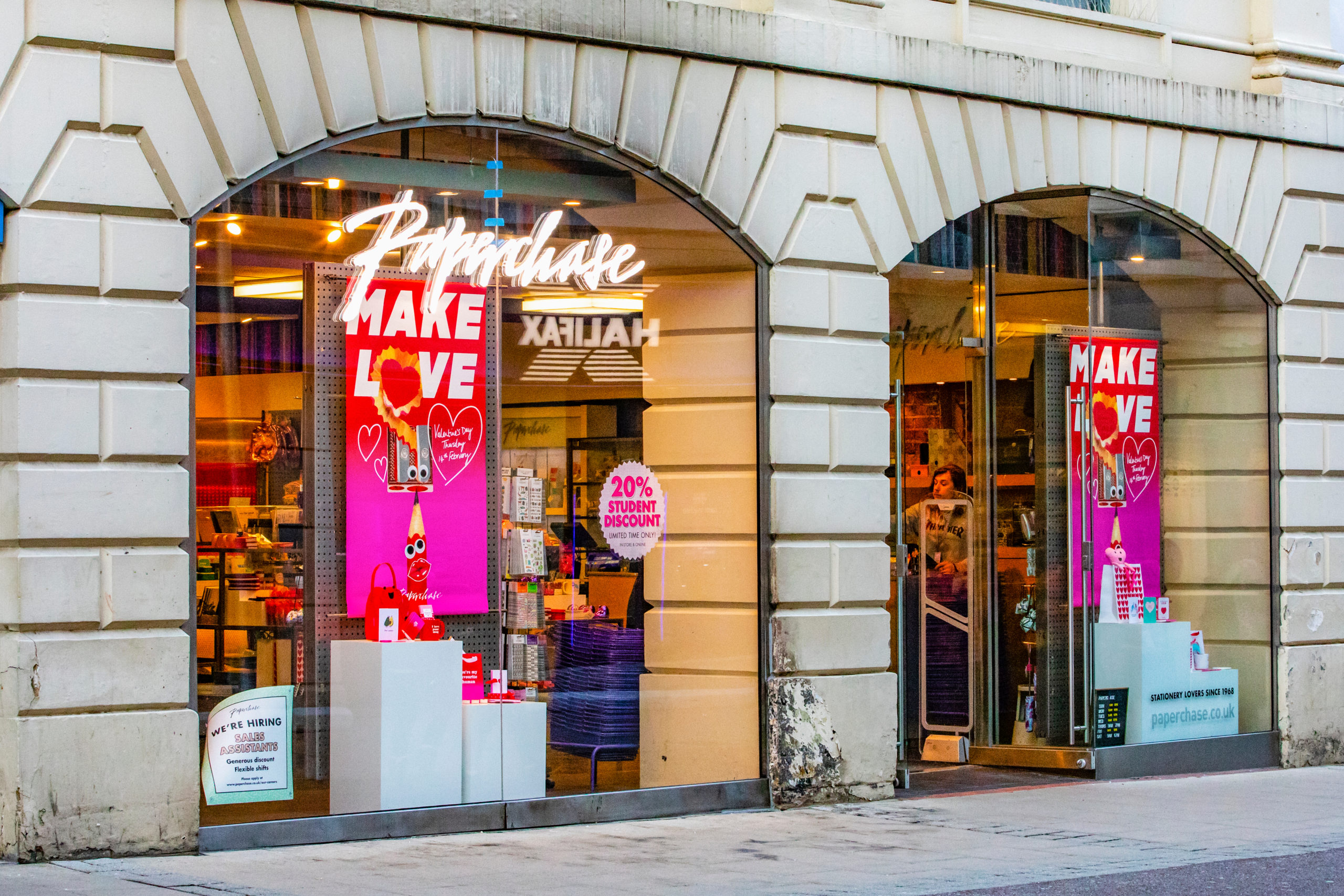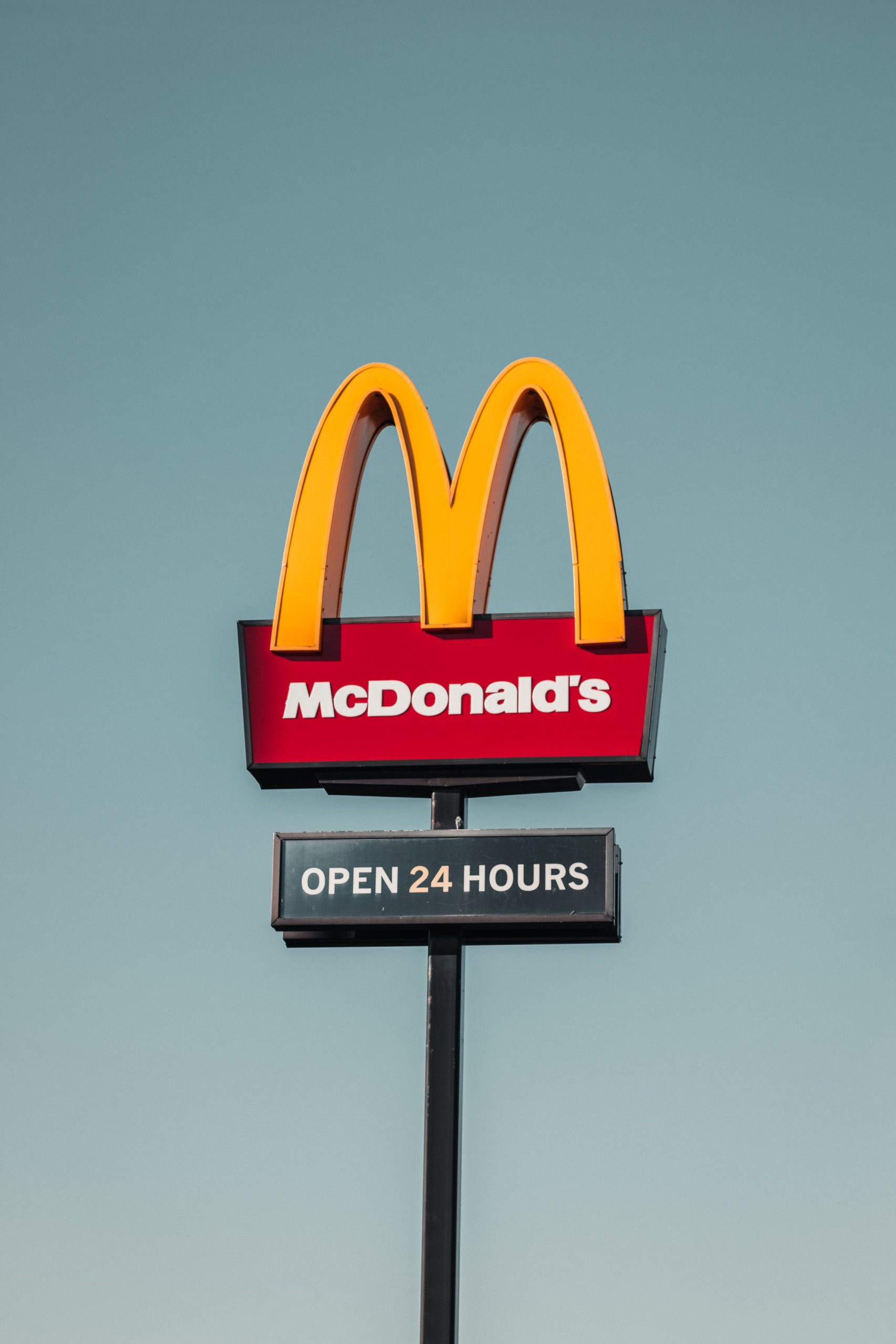12,000 jobs, 400 stores and a failed rescue talk – Wilko in administration
On Thursday Wilko announced that after failed rescue talks, that they are expecting to close dozens of outlets as they enter administration. Here, employment expert Lucy Flynn, and Real Estate solicitor, Sophia Liu, look at what the decision means for the business’ unsavable stores and 12,000 employees at risk.
The family-owned household and garden products retailer, Wilko, has gone into administration this morning after unsuccessful talks to save the business. The businesses 12,000-strong staff are now at risk of losing their jobs as the future of its 400 stores across the UK is uncertain. Founded in 1930, Wilko has been around for over 93 years, but like many high street retailers, it has been hit by the 14 consecutive interest rate rises since December 2021.
Employment Expert at Beyond Corporate, Lucy Flynn, commented:
“The news that Wilko is likely to be placed into administration this week will be a huge concern to its 12,000-strong staff. The uncertainty over the future of the business, and no doubt the memory of the recent collapses of other large high-street retailers, will leave the employees very worried over their future. Depending on what happens over the coming days, the Wilko workforce may be asked to continue working, face redundancy, or have their employment transferred to a new employer. During this challenging time, and while they are still employed, they should seek support and advice from HR (and, if appointed, the administrator) on the effect of any decisions made regarding the future of Wilko on their employment and their employment rights.”
Solicitor in Beyond Corporate’s Real Estate Team, Sophia Liu, commented:
“This decision means 400 shops around the country could close and 12,500 of its employees would lose their jobs.
As a traditional retail business, Wilko’s presence is predominately on UK’s High Street. On the contrary, Wilko’s main competitors, such as Home Bargains and The Range, are often found in large scale retail parks. The costs of running High Street stores are generally higher than operating in retail parks, and free parking offered by the latter is much more attractive to family shoppers.
Where to operate the business is a strategic decision, and Wilko has failed to grasp the commercial reality in that respect. Arguably, locations and the burden of business rates for store-based business have all contributed to the collapse of Wilko.”
If you have any questions or require any further advice on this topic, get in touch with our specialist teams today at hello@beyondcorporate.co.uk
[This blog is intended to give general information only and is not intended to apply to specific circumstances. The contents of this blog should not be regarded as legal advice and should not be relied upon as such. Readers are advised to seek specific legal advice.]
By Lucy Flynn and Sophia Liu
